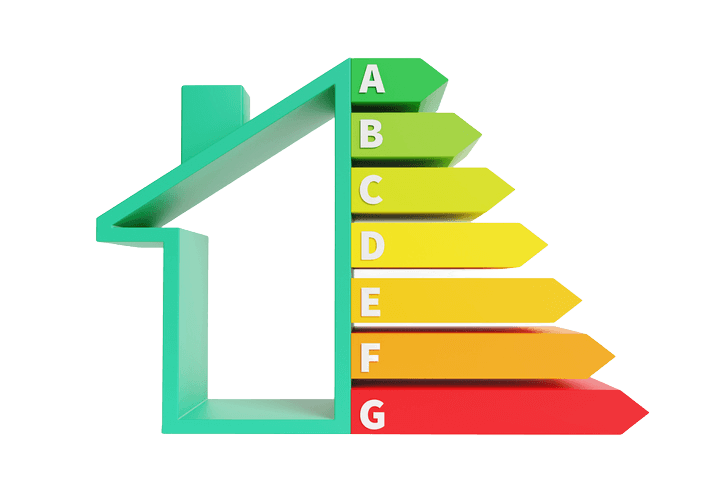Are You Worried about the Proposed Energy Standards In Private Rented Homes?


Are You Worried about the Proposed Energy Standards In Private Rented Homes?
In September 2024, the UK Government introduced the Warm Homes: Local Grant, a scheme aimed at improving energy efficiency in homes across England, focusing on reducing fuel poverty and supporting the transition to net zero. This grant is part of the government’s ‘WARM HOMES PLAN’, which aims to upgrade five million homes within the next five years. It also plays a role in the government’s goal of having all rented homes achieve Energy Performance Certificate (EPC) Band C or equivalent by 2030.
Overview of the Warm Homes: Local Grant
The Warm Homes: Local Grant provides funding for energy efficiency upgrades and low-carbon heating installations for low-income households. It covers properties in the private rented sector (PRS)and owner-occupied homes to improve living conditions for tenants while reducing their energy costs. This initiative builds on previous schemes such as the Local Authority Delivery (LAD) and Home Upgrade Grant (HUG).
Key Objectives:
- To reduce fuel poverty by upgrading the energy performance of low-income homes to EPC Band C by 2030.
- To contribute towards the UK’s Net Zero 2050 target by cutting carbon emissions through energy efficiency measures and low-carbon heating.
What’s the Eligibility for Landlord’s
Under the Warm Homes: Local Grant, landlords can access funding to improve properties where tenants meet the income eligibility criteria. The scheme offers full funding for energy efficiency upgrades on one property per landlord. For any additional properties, landlords must provide a 50% contribution towards the cost of improvements.
Key eligibility points include:
- Tenant Income: The tenant must meet certain income thresholds, such as earning below £36,000 annually or receiving a means-tested benefit.
- Property Requirements: The property must have an EPC rating of D, E, F, or G. Properties already rated A-C are not eligible. Properties rated F and G must have registered exemptions under the Energy Efficiency (Private Rented Property) Regulations 2015 to be eligible.
Landlords will need to declare that they do not intend to raise rents as a direct result of any upgrades funded by the scheme. A central database will be maintained to track the number of fully funded properties each landlord has upgraded.
Types of Upgrades Covered
The Warm Homes: Local Grant allows for two main types of upgrades:
Energy Performance Upgrades: Up to £15,000 per property can improve energy performance through measures such as insulation, draughtproofing, and double glazing. These improvements aim to increase the property’s EPC rating, with the target being to achieve Band C where possible.
Low-Carbon Heating: An additional £15,000 is available for installing low-carbon heating systems, such as heat pumps and solar thermal systems. These systems are encouraged in homes that are not connected to the gas grid and are heated by more carbon-intensive fuels like oil or coal.
Costs To the Landlord and Financial Limits
For private landlords, the scheme fully funds the first property under the Warm Homes: Local Grant. For any additional properties, a 50% cost contribution from the landlord is required. This applies to both energy efficiency and low-carbon heating upgrades.
No restrictions exist on how many properties a landlord can upgrade, but financial limits apply. Under the Subsidy Control Act 2022, landlords cannot receive more than £315,000 in total subsidy, including funding from this scheme and any previous grants or subsidies within the past two financial years. Local authorities are responsible for ensuring that landlords remain within these limits.
When Can You Apply?
The Warm Homes: Local Grant will open for delivery on 1st April 2025 and is expected to run for 3-5 years. The government will announce more details on funding availability following the completion of the Spending Review.
Final Thoughts
In our opinion ‘The Warm Homes’ grant will provide landlords with a structured way to improve the energy efficiency of their rental properties, particularly for tenants at risk of fuel poverty. By covering the cost of upgrades for one property and offering partial funding for additional homes, the scheme is looking to increase participation in energy efficiency improvements within the private rented sector.
Do your properties meet the energy standards the government are proposing? We are here to help with any questions you may have, Contact us today.
About this article


